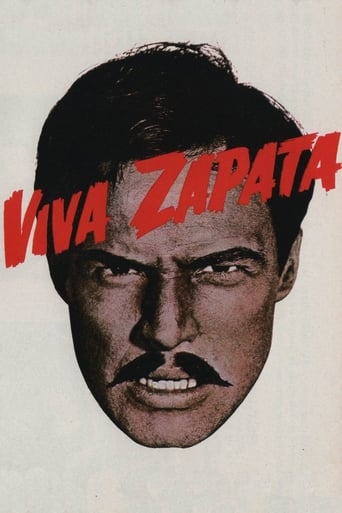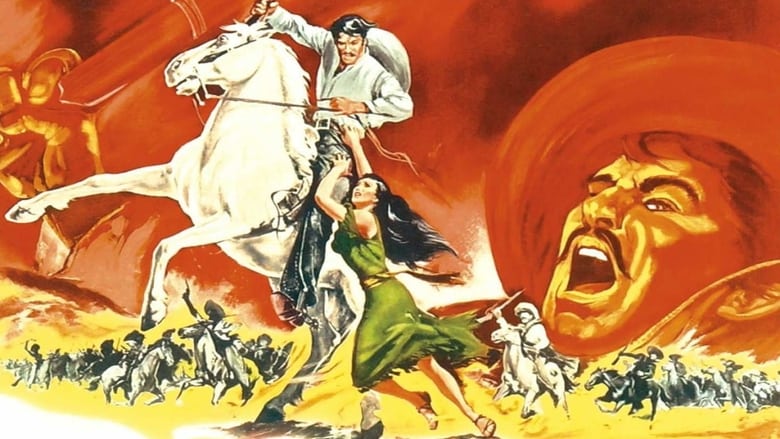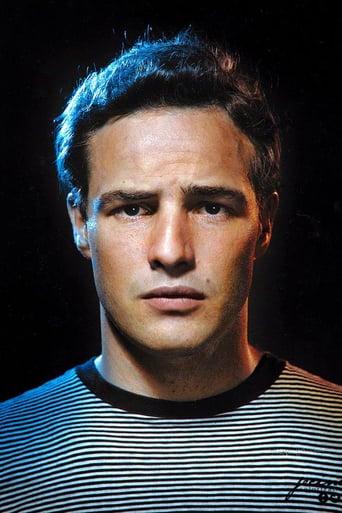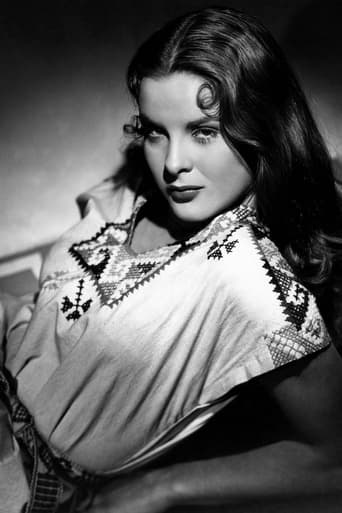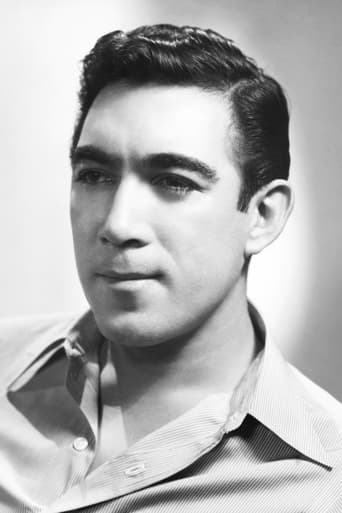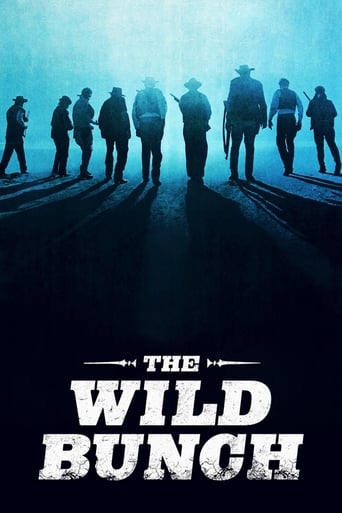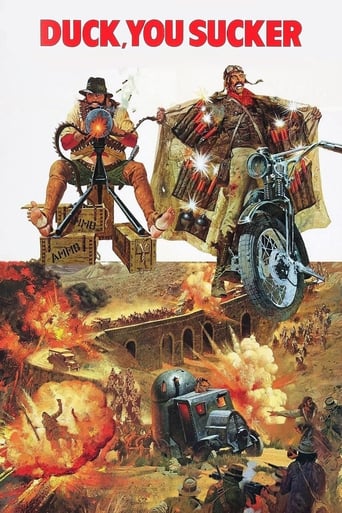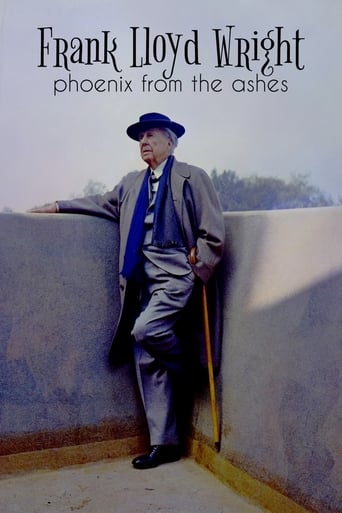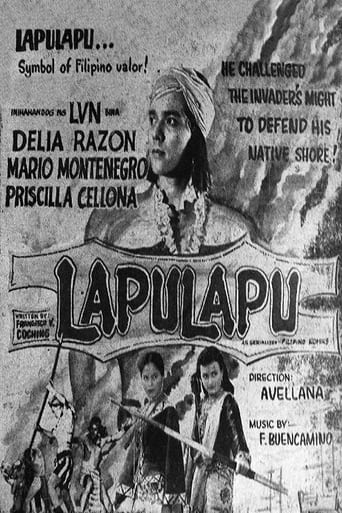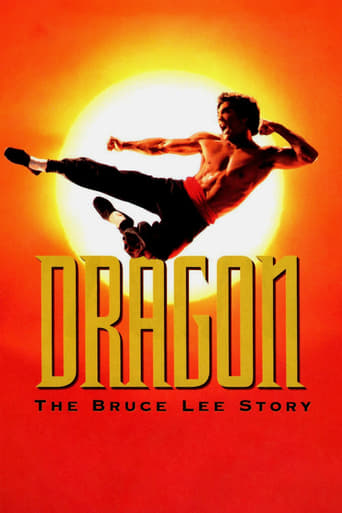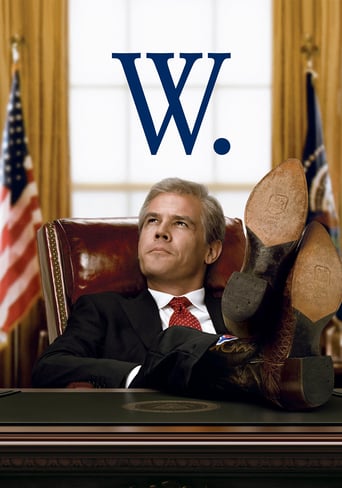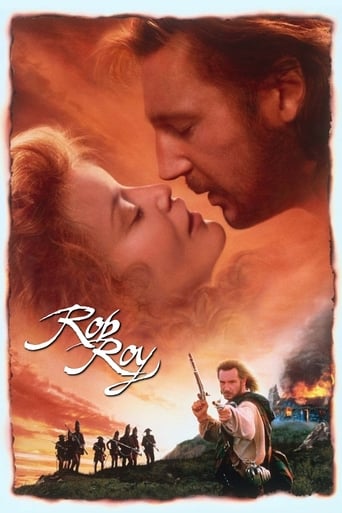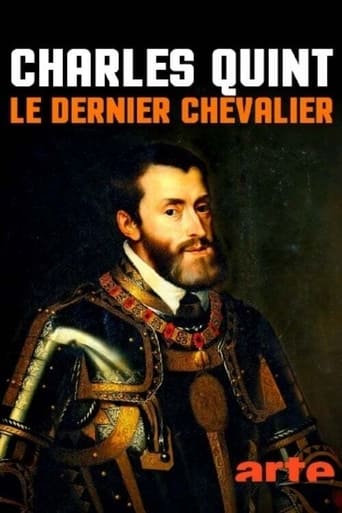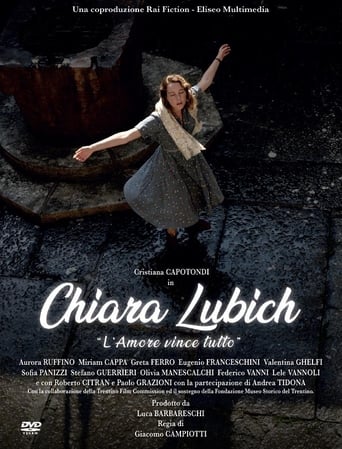Viva Zapata! (1952)
The story of Mexican revolutionary Emiliano Zapata, who led a rebellion against the corrupt, oppressive dictatorship of president Porfirio Díaz in the early 20th century.
Watch Trailer
Cast


Similar titles
Reviews
I like the storyline of this show,it attract me so much
It's complicated... I really like the directing, acting and writing but, there are issues with the way it's shot that I just can't deny. As much as I love the storytelling and the fantastic performance but, there are also certain scenes that didn't need to exist.
I really wanted to like this movie. I feel terribly cynical trashing it, and that's why I'm giving it a middling 5. Actually, I'm giving it a 5 because there were some superb performances.
The joyful confection is coated in a sparkly gloss, bright enough to gleam from the darkest, most cynical corners.
I hated this movie so much, I kept fast-forwarding through the last hour, only pressing play when Anthony Quinn was on the screen, hoping to find some reason why he won the first of his Oscars for his performance. I never found one. I don't know why he was even nominated. I really don't understand why Marlon Brando was nominated-or the impossibly lousy screenplay adaptation by John Steinbeck, or the subpar music from Alex North. This movie wasn't even good enough to insult by calling it a "B-movie".Marlon Brando is given dark makeup on his skin, a curly wig, and a comical mustache to convince the audience he's Mexican. He plays the revolutionary Emiliano Zapata, but as he speaks with absolutely zero trace of even the slightest attempt at a Mexican accent, it isn't believable. He prances around-and I mean that literally; he actually prances across the room in the middle of a shootout-and speaks and acts exactly like Marlon Brando. I don't know why he was even cast, and the only reason I can come up with as to why he was nominated for Best Actor was because the Academy was trying to apologize for him being the only cast member of A Streetcar Named Desire the year before who wasn't nominated.Anthony Quinn plays Marlon's brother, but for the vast majority of his screen time, he just stands in the background with a floppy hat to distinguish himself. He hardly has any lines! It's as if the Academy wanted to prove they weren't racist by giving him the Best Supporting Actor Oscar. Jean Peters, also given a dark, curly wig, plays Marlon's love interest. She also speaks exactly like she always does, without a hint of a Mexican accent.Marlon Brando stunk, the music stunk, the script stunk, and even my beloved Anthony Quinn stunk. This entire movie was so stinky I really can't fathom why it was up for any Oscars in the first place. I'm surprised audiences didn't get up and leave the theaters in droves during opening weekend. Had I been forced to see this in the theaters without the option of leaving early, I might have had to start singing "O Susannah" to keep from losing my mind.
You will be entertained and given a little course in Mexican history when you watch this little time well spent movie. Second reason to watch? Marlon Brando who by now was feeling his oats and his power and learning how to command it. Nice portrayal of simple life in the Mexican culture consisting of tortillas, beans, hard work, humility and comraderie. We are reminded of just how simple life can be when watching this movie. another dynamic presented is standing up for a cause and how one should do whatever it takes if they believe they have righteousness on their side even unto the giving of their life. Vintage movie watching and enjoy Anthony Quinn in a supporting role. I say ....
I've always loved the look of this film and assumed it was filmed in Mexico. After reading Elia Kazan's autobiography, "Elia Kazan: A Life", I now know it wasn't and the reason why.Kazan and John Steinbeck, who did the screenplay, originally wanted to film it there, but the Mexicans wanted to make their own film of their hero, and made it pretty well impossible for the Hollywood production to be made there. It was eventually shot close to the Mexican border, but in the U.S.A.I see in some places where it's claimed that Kazan was influenced by Roberto Rossellini's "Paisan". Maybe so, but I think a bigger influence was John Ford. Just look at the way the landscape is used and the way the action is handled: the horses and the dust. In his book, if Kazan mentioned any director he admired it was John Ford.He knew Ford, and although they certainly weren't buddies, Kazan was impressed with his work. He also learned from Ford not to be too much of a nice guy if he wanted to make films his own way. Ford's "The Fugitive" made 4-years before and filmed in Mexico, would have to have been an influence.Although Kazan's early films were studio-bound, he was determined to shoot future films on location. They were tough projects, but from "Viva Zapata!" on they had a unique visual style. Kazan led from the front; he inspired his crews by enduring the same conditions they did; the results speak for themselves.Kazan could always get the best out of actors and Brando and Quinn brought a lot to the film. However, there are dull spots, the courting scenes with Josefa's father almost seem as though Kazan was trying to do for the Mexicans what Ford did for the Irish. However the longueurs are outweighed by one brilliant sequence after another, and Alex North contributed a powerful score steeped in Mexican music.Kazan had joined the communist party back in his Group Theatre days, but quit shortly after - he resented the heavy-handed influence of the party on their work. Some of his feelings about the demagogues he encountered seem reflected in Joseph Wiseman's character.It is easy to find subtext here, but "Viva Zapata!" is a fair retelling of complex history. That aside though, it still comes across as a visually powerful and heartfelt film.
The story of Mexican revolutionary Emiliano Zapata (Marlon Brando), who led a rebellion against the corrupt, oppressive dictatorship of president Porfirio Diaz (Fay Roope) in the early 20th century.Sadly, I do not know the story of Zapata well enough to criticize this film for its accuracy or lack thereof. I understand it is somewhat fictional, and of course needs to be to some extent since no one was there writing down every spoken word or action.But I loved the story, the endless cycle of violence... this is all too true. While revolutions can work (America did alright), they do tend to lead to more revolutions. And while Mexico is stable now (or at least mostly so), it did have a rough history... which made legends out of Zapata and Pancho Villa.

